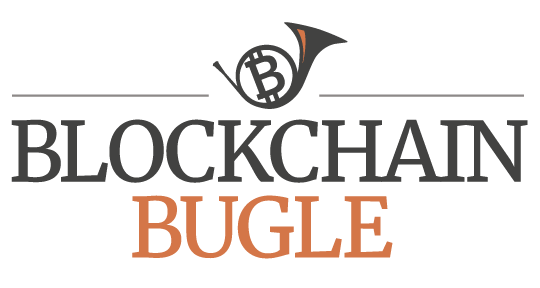Gem Partners With Capital One for Blockchain-Based Health Care Claims Management

Blockchain company Gem aims to tackle one of the biggest issues in health care insurance claim payments: providers have to wait a long time to get paid. Moving toward that goal, the ambitious startup just scored a major partnership with Capital One.
In a recent press release, Capital One announced it is “reinventing” its treasury management platform to include, among other things, advances in health care claims applications. As part of that, the financial conglomerate is partnering with several digital technology providers, including Gem.
“Blockchain technology connects the ecosystem to universal infrastructure, and shared infrastructure allows global standards that do not compromise privacy and security,” said Capital One in its press statement.
“When providers don’t get paid in a timely fashion, it creates inefficiencies that echo across the entire ecosystem, and this is a massive issue in health care,” explained Emily Vaughn, Director of Client Relations and Marketing for Gem.
Gem’s core product is GemOS, an abstraction layer designed to make blockchains useful for enterprise clients by connecting their existing software to shared ledgers. According to Vaughn, GemOS is similar to an operating system, in that it serves as a platform for managing data, identities and rules on a blockchain.
To get an idea of how this works consider that, in a basic workflow revenue cycle, the health care provider will creates a claim. They in turn send it to the payer, who then approves or denies the payment portion of it. Then the payer sends that information to their bank, who then sends money to the provider’s bank.
In that workflow, you have four companies all running on different systems trying to communicate about the same event. On a shared ledger, you need instead four identities, four permissioned users on the network.
The GemOS key management service creates identities for the payer, provider and their respective banks, using hierarchical deterministic (HD) identity keychains. HD keychains were invented to secure bitcoin and are now the industry standard. They allow the user to have a secret key that generates many public keys to protect the identity of the user.
“Like a bitcoin wallet, your blockchain identity can store data, such as credentials, ” said Vaughn. “You use that identity to sign transactions, which is now visible to other users who could be using different software. We call this, Multiparty Identity and Access Management.”
In that sense, GemOS acts like a permission layer between different blockchains, controlling who should have access to data stored in disparate siloed systems, as well as when they should have that access.
It is not uncommon for large enterprises to have critical data spread across different systems that don’t communicate well with one another. In the health care industry, those interoperability issues can lead to payments delays and other problems, like patients not having access to a complete aggregated view of their health. But privacy is also a huge issue in health care, making it doubly difficult to gain access to enterprise systems.
Earlier this month, at the Distributed: Health conference in Nashville, Tennessee, Gem introduced its Revenue Cycle Management (RCM), a pilot project that runs on the GemOS platform and is supported by the Gem Health Network, a network for developing applications and shared infrastructure for healthcare powered by the Ethereum blockchain.
“The Gem Health Network is the blockchain network we spun out so our customers can build applications in a sandbox environment where they can test their application’s ability to leverage a shared infrastructure, which is the blockchain network,” said Vaughn.
Philips Blockchain Lab, a research and development center of healthcare giant Philips, was the first major healthcare operator to partner with Gem. Capital One is now the second.
“At Capital One we see the new network models and data analytics capabilities as an exciting opportunity to reinvent treasury management to better meet the needs of clients, not only increasing payment efficiency but also generating actionable information about their business,” Capital One Executive Vice President, Patrick Moore, said.
Nearly a year ago, Capital One was one of several financial industry players to invest a total of $30 million in Chain.com, a blockchain developer platform that serves the fintech industry. Its current partnership with Gem marks the first time Capital One has publicly announced the intention to use a blockchain in one of its actual products.
The post Gem Partners With Capital One for Blockchain-Based Health Care Claims Management appeared first on Bitcoin Magazine.


